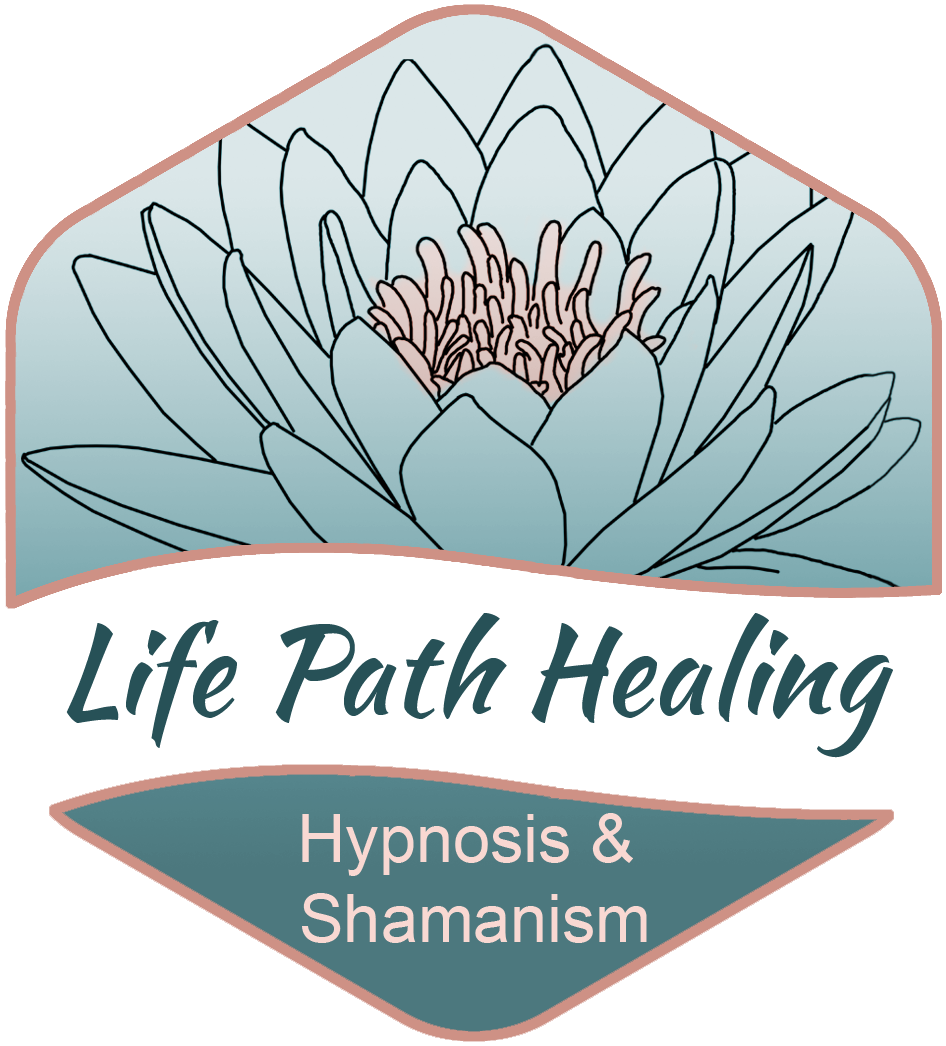2 Simple Phrases that Create Change
There are two phases I often ask my clients to adjust in our sessions and beyond. One is a subtraction and the other a replacement. By adjusting my use of these phrases, I have seen great change in my own life and watched the phrases make a difference for my clients.
Yeah, but
This is a phrase to remove from your life. Whenever you catch yourself about to use it, take a pause. Realize that you’re about to negate something. That something is often a compliment, positive feedback, or encouragement. “Yeah but” is often used to confirm our negativity bias. We are hardwired to remember the negative things that keep us from making a mistake. This helped when we were hunter-gatherers and it was more important to remember the snake pit at the end of a path versus that full-belly satisfaction after a meal. It’s not so helpful today.
Your friend: “You lost 10 pounds? That’s great, congratulations!”
You: “Yeah, but I have so much more to go.”
You’re mom: “You're so good at remembering people’s names.”
You: “Yeah, but I forget where I left my keys.”
You’re spouse: “I bet you’ll get a raise this year.”
You: “Yeah, but if I do it won’t be much.”
You get the picture.
“Yeah, but” also gets used when we’re taking in good advice we think we already know. A common trend I catch myself in as well as my clients is understanding things intellectually, but not putting them into action. I’ll go over a breathing and grounding exercise with a client, and hear “Yeah, I already know that, but it doesn’t work.” When I dig a little deeper, asking when and where they use it, it turns out they don’t. The client is familiar with the concept but somehow thinks that is enough to garner results.
Resolve to catch yourself when you say or think a “yeah, but.” Ask yourself what idea you’re shooing away. If it’s a compliment someone is giving you, take it! You’re already good at noticing the negatives (Pop quiz: how many negative life events can you list versus positive ones?), try letting the positive information in as well. If it’s solid advice or information you already know, ask yourself if you’re putting it to good use.
What if it’s possible?
The other phrase I have implemented for myself and suggested to many of my clients is: what if it’s possible? I love this one because it’s easier to swallow than many positive affirmations. It allows space for your doubt while still keeping an eye on a potential desired outcome.
Many people have tried to use daily affirmations to change their beliefs or improve their self-talk. Affirmations can be a wonderful tool for replacing our self-scolding with self-compassion and confidence. The problem I’ve found is that it’s so hard to say something over and over when you don’t believe it’s true. If you already believe the affirmation and are just trying to remember that you believe it, great. However, if you tell yourself “I’m a confident person” and it brings up feelings of disbelief and even a reactive “yeah, but...” then you’re piling on feelings of doubt, and now feeling bad about that, too.
Change it to “what if it’s possible I am becoming confident?” Or, “what if it’s possible I’m more confident than I realize?” That feels better, yes?
“What if it’s possible” statements are not only great for self-talk, but also for future projections. People spent a lot of time considering anxiety-driven future outcomes. What if I lose my job? What if my partner leaves me? What if I fail the test? What if my boss thinks I’m an idiot? Our negativity bias makes negative possibilities easier to buy than the alternative. We might get 50 compliments on a project we’ve completed, but we’ll focus for days on the one critical comment. “What if it’s possible” can, again, assuage the negative for a more palatable potential. What if it’s possible my boss appreciates me? What if it’s possible that I do great on my test? What if it’s possible that people love and care about me? What if it’s possible that things go well?
Whether you’re in an anxiety-driven view of future events or you’re trying to adjust your self-talk to something compassionate that doesn’t feel so fabricated, try using “what if it's possible” statements.
